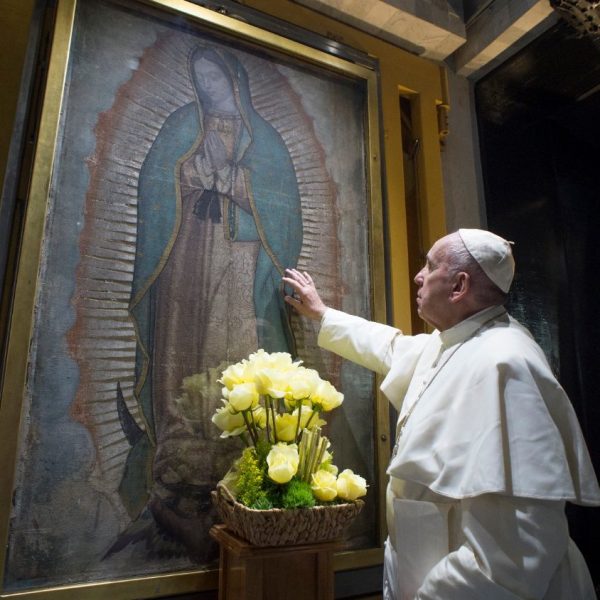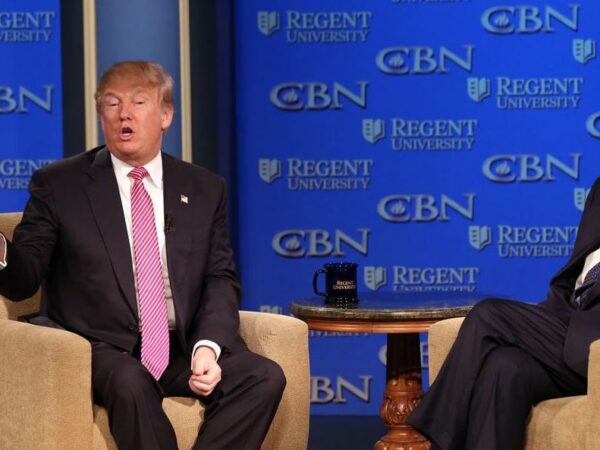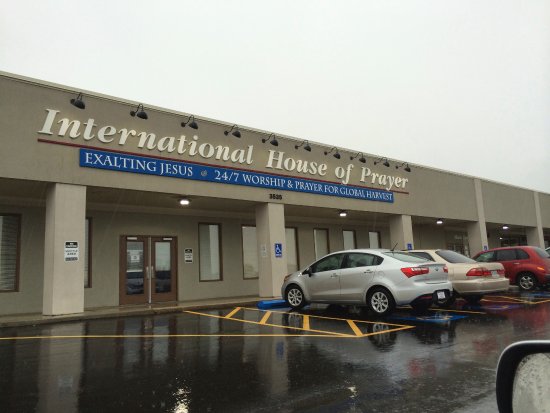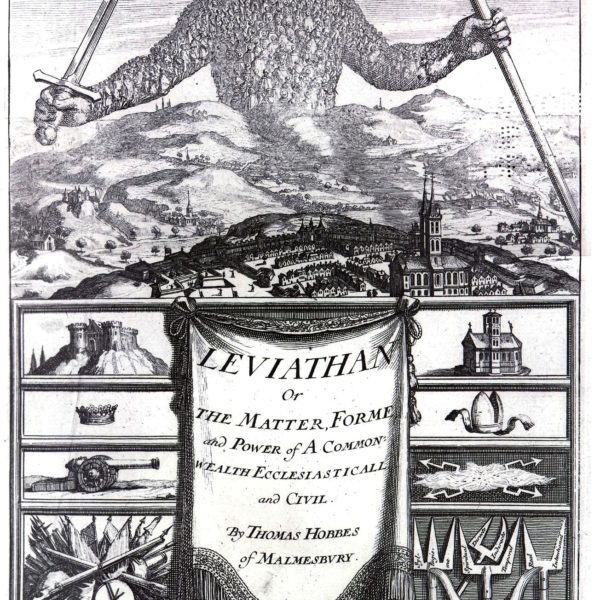
Wink presents the original contextual meaning of Jesus as also a timeless meaning. He tries to draw from the bible a clear and simple message—one that contains everything necessary for contemporary Christians to take a stand for nonviolence.

I am sympathetic to what I perceive as Wink’s larger goal in this interpretation. He wants to remove the option of reading Jesus’s words as endorsing toleration of abuse. He is rightly aware of and duly burdened by too many examples in the history of Christendom in which the powerful have used a command like “do not resist evildoers” as a rationale for submission to injustice.

But how could Trump seduce a great majority of the Jesus-believing, Bible-thumping, church-attending evangelical conservative community when his values are so contrary to those of Jesus, the Bible and what the church should stand for?

Situated on this eschatological middle ground, political theology must reckon with how we live in a time when the kingdom of God is present, creating moments of transformation and rupture…To speak truthfully, political theology must also speak to the quotidian joys and everyday struggles that make up the ordinary time of our lives.

Bretherton’s robust yet flexible understanding of democracy and politics offers the promise of engaging diverse others in constructing the common good for all, with particular care for the destiny of the poor and vulnerable…[but] I need to hear Bretherton witness to how the process of decentering the canon became foundational for building a Christian political theology.

Efforts to leverage “God” are often attuned to the dynamics of the symbol yet remain largely untroubled by the gaps such acts generate.





